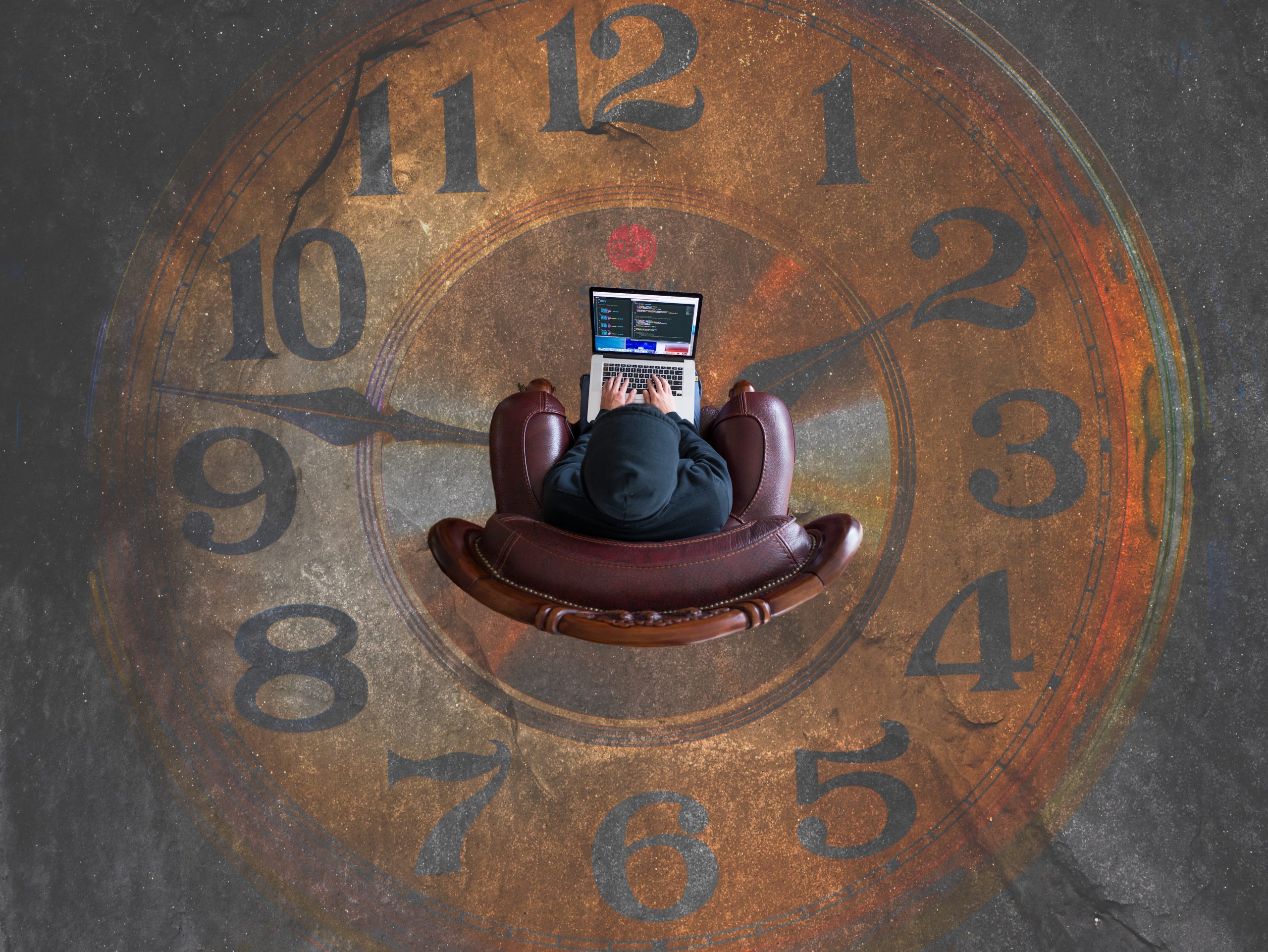Craft
I have two professions: I am a chef and a writer.

I have two professions: I am a chef and a writer.
One of these professions is doing very well; wages are rising; young people — educated , bright, energetic young people who might otherwise go to law school or med school are clamoring to join it; it has caught the popular imagination; it has its own cable network; it is, as they say, blowing up. When I attended its most celebrated festival last year, I saw something I never thought I’d see: colleagues of mine with their own entourages, like movie stars or prizefighters.
As a well-regarded but hardly famous practitioner of this profession in what is considered a third-tier town I’ve not only been interviewed and reviewed and profiled and asked to speak on panels but even caricatured by local cartoonists and offered money to endorse products. And at a time when people in occupations once thought to be iron-clad guarantors of prosperity are downsizing their expectations and girding their loins for the worst, I, a natural pessimist, am sunny about the future of this profession.
The other profession — well, it’s not going so great. One of its practitioners, in a famous article in Salon announcing his retirement, bemoaned that he was being paid the same rate that he had received when he started out 30 years ago, the same rate — not adjusted for inflation — that he had received in 1978.
Many of its oldest and most venerated outlets are closing their doors. Hardly a week goes by without the announcement of massive layoffs in this industry; even the most established practitioners worry about their own obsolescence; shortly before his death, its most famous American practitioner woefully compared his craft to the trade of a coach maker at the dawn of the automobile age.
Even though I produce something for this profession every week, I earn little from it — less per hour, I can’t help but notice, than the cheerful acid casualty who cuts my grass.
Yet, if I were to ask myself where my heart is, where, as Auden would say, I put the money of my feelings, it would be on this other profession, this sinking profession.
There comes a time in the life of most writers when they realize the truth: they will never be famous; forget posterity: their works will be largely unknown even to the present day; the two or three stories or poems in the little magazines (whose readership consists of, let’s face it, not the appreciative common reader Virginia Woolf wrote for, but resentful fellow practitioners); the book that sold 1,500 copies and then sunk without a trace — that’s as good as it’s ever going to get.
(But what about the Internet, you say. Well, — to continue the culinary/ literary metaphor — don’t you feel , when you log on, then log off a short time later, like someone who has been slouched over a refrigerator door for ten minutes, who then ruefully closes it, telling himself he was never all that hungry anyway?)
It didn’t start out that way — this bleak outlook we writers have; from the moment when our third grade teacher read to the class our earnest, block-lettered essay about the death of our pet hamster and our faces burned with happy embarrassment, we’ve been hooked on — we’ve been conditioned to expect — ever-larger doses of recognition.
But there comes a time in the life of most writers when they realize the truth: the need to write runs deeper than the ego; deeper than the need for praise or fame or riches or even some obscure desire for revenge.
Why do we write — why do I write? I confess that every time I ask myself this question and come back with an honest answer it never fails to put a smile on my face: We write because we have to write.
Why do we have to write? It may be for a reason as eloquent as Richard Wilbur’s, who said: “It is by words and the defeat of words/down sudden vistas of the vain attempt/that for a flying moment one may see/by what cross purposes the world is dreamt.” Or it may be for a reason as homely as the matron’s in E.M. Forster’s essay who proclaims, “How can I know what I think until I see what I say?”
But we embrace this truth out of desperate necessity because —
Because, haven’t you heard? It is the chefs who are now the artists, with their own school of explicators who analyze their creative birth pangs in works with fatuous titles like The Soul of a Chef. We even have our own avant-garde, complete with its own manifestos, space-age techniques, food that doesn’t even look like food, and forward-looking eagerness to elevate something as intrinsically pleasurable as eating to new levels of tedium. And perhaps somewhere, slouching towards San Sebastian waiting to be born is the chef ready to destroy the bourgeois illusion that food is supposed to taste good.
Perhaps, I think to myself in moments of grandiose self pity, now is the time for the writer in me to embrace the anonymity of the craftsman, with the painstaking vigor of the stonecutter, who carved in the obscure corners of cathedrals, the elaborate foliation of which he knew would be visible only to the eye of God.
But maybe you’ve had enough negative affirmations for one evening.
If not, here’s another, final one, from Ted Hughes:
To hatch a crow
a black rainbow
Bent in emptiness
over emptiness
But flying
-John Broening is a chef and writer based in Denver, Colorado. His work has appeared in the Baltimore Sun,the Baltimore City Paper, Gastronomica, Edible Front Range, and the Denver Post, for whom he writes a weekly column about food.









